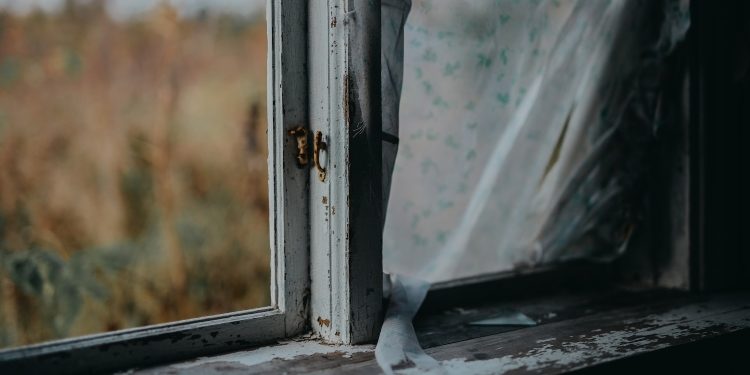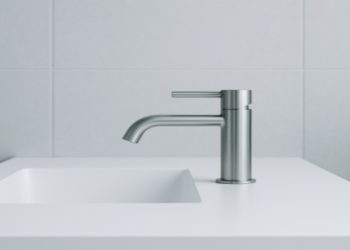Mould infestation in properties is a common issue, particularly in regions with high humidity or poor ventilation. Regular checks for mould are essential to maintain a healthy living environment and to prevent structural damage to the property. This article outlines the importance of routine mould checks and provides guidelines for property owners and residents in the UK.
The Necessity of Mould Inspections
Mould is a type of fungus that thrives in moist environments. It can grow on various surfaces like walls, ceilings, and floors. The presence of mould in a property is not only unsightly but also poses health risks, especially to individuals with respiratory issues, allergies, and weakened immune systems. Regular inspections help in the early detection and management of mould growth.
Frequency of Mould Checks
Residential Properties
For residential properties, it is recommended to conduct mould inspections at least once a year. However, this frequency may need to be increased in areas that are prone to dampness, such as bathrooms, kitchens, and basements. Additionally, after any incident of water leakage or flooding, an immediate inspection is crucial to prevent mould growth.
Commercial and Rental Properties
In commercial and rental properties, where the health and safety of multiple occupants are at stake, more frequent checks are advisable. Landlords and property managers should aim for bi-annual inspections. These checks should be thorough, covering all potential problem areas and ensuring ventilation systems are functioning correctly.
Indicators of Mould Presence
Awareness of the signs of mould is crucial. Some common indicators include a musty odour, visible mould growth, and excessive condensation on windows. If any of these signs are observed, immediate action should be taken to address the issue.
Professional Assistance for Mould Removal
While minor mould issues can often be tackled with DIY methods, significant infestations require professional intervention. Companies specialising in mould removal London and other UK cities offer expert services to effectively eliminate mould and prevent its recurrence.
Preventative Measures
Prevention is key in managing mould growth. Ensuring adequate ventilation, using dehumidifiers, and promptly addressing any water leaks are essential steps. Regular cleaning, especially in moisture-prone areas, can also significantly reduce the risk of mould development.
The Role of Tenants in Mould Prevention
Tenants play a crucial role in mould prevention. They should be vigilant in spotting early signs of mould and maintaining a dry and well-ventilated living environment. Reporting any concerns to the property owner or manager promptly can prevent the escalation of the problem.
Legal Obligations and Health Risks
In the UK, landlords have a legal obligation to ensure their properties are safe and free from health hazards, which include mould. Failure to address mould issues can lead to legal consequences and significant health risks for the occupants.
The Mould-Free Mandate
In conclusion, regular mould checks are a non-negotiable aspect of property maintenance. For residential properties, an annual check is a minimum, with more frequent inspections required in high-risk areas. Commercial and rental properties should ideally undergo bi-annual checks. Understanding the indicators of mould and implementing preventative measures can significantly reduce the likelihood of mould infestations.
Remember, the cost of regular checks and maintenance is negligible compared to the potential health risks and structural damage caused by unaddressed mould growth. Maintaining a mould-free property is not only a legal obligation for landlords but a fundamental responsibility towards ensuring a healthy living environment.
David Prior
David Prior is the editor of Today News, responsible for the overall editorial strategy. He is an NCTJ-qualified journalist with over 20 years’ experience, and is also editor of the award-winning hyperlocal news title Altrincham Today. His LinkedIn profile is here.













































































